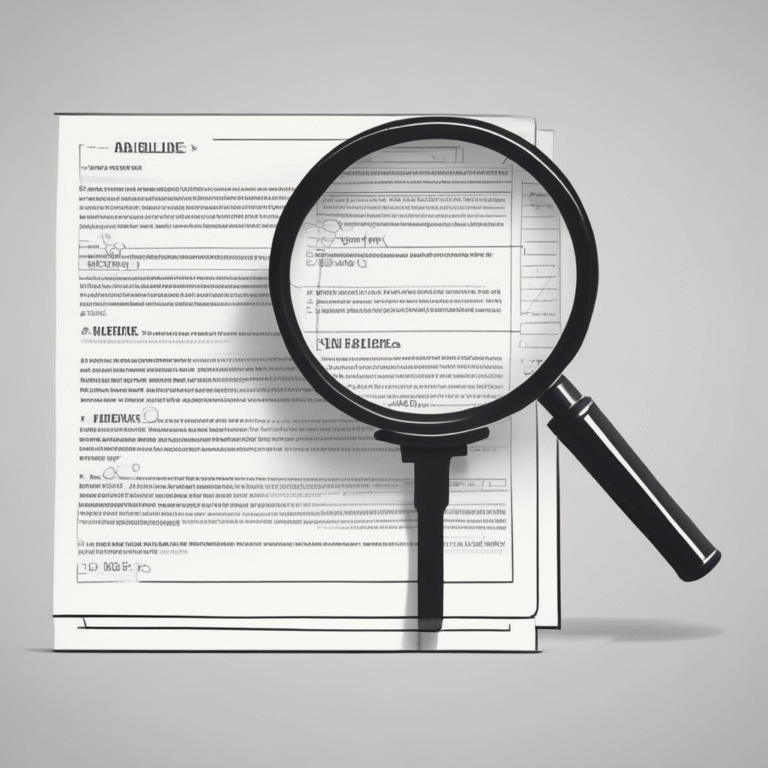Introduction to Social Scoring
Social scoring systems, particularly those driven by artificial intelligence, have emerged as a controversial topic worldwide. These systems often assess individuals and entities based on various data points, potentially influencing their access to services, opportunities, and even societal standing. The notion of implementing a ban on artificial intelligence in this context has gained traction due to concerns over privacy, discrimination, and the fairness of these systems.
Historically, much of the debate has revolved around misconceptions about China’s Social Credit System, which is often misunderstood outside its borders. While China’s system has faced international scrutiny, it is not a universal or monolithic application. The importance of addressing social scoring systems, both in public and private sectors, cannot be overstated as these systems increasingly impact daily life and personal freedoms.
The Impact of AI-Driven Social Scoring
Public Sector
In the public sector, AI-based social scoring systems have found applications in various government programs. For instance, the Netherlands’ SyRI system was designed to identify potential fraud by analyzing vast amounts of personal data. However, it faced significant backlash due to its invasive nature and potential for discrimination against marginalized groups. Similarly, in France, the CAF scoring algorithm has been criticized for similar reasons, raising questions about fairness and privacy violations.
Private Sector
In the private sector, AI-driven social scoring is prevalent in areas such as credit scoring, employee evaluations, and customer profiling. Companies like Twitch and Match Group use these systems to manage user behavior and improve service offerings. However, these practices have raised ethical concerns, particularly when scoring algorithms perpetuate biases or infringe on privacy rights.
Ethical Concerns
The potential for discrimination and privacy violations in AI-driven social scoring systems is a significant ethical concern. These systems often rely on vast datasets, which can lead to biased outcomes if not carefully managed. The lack of transparency in how scores are calculated further exacerbates these issues, leading to calls for a ban on artificial intelligence in such applications.
Real-World Examples and Case Studies
SyRI (Netherlands)
The Netherlands’ SyRI system serves as a cautionary tale of AI-driven social scoring. Intended to identify fraud risk, it analyzed personal data from various government databases. However, it was eventually disbanded due to public outcry over privacy breaches and discriminatory practices. This case highlights the dangers of unchecked AI systems in the public sector.
China’s Social Credit System
China’s Social Credit System is often misunderstood as a singular, oppressive tool. In reality, it encompasses diverse programs with varying objectives and scopes. Recent reforms have focused on improving credit repair processes and enhancing privacy protections, though international concerns about its potential for abuse persist.
Private Sector Examples
In the private sector, companies like Twitch and Match Group employ social scoring systems to manage user interactions and enhance service delivery. While these systems offer business benefits, they also pose risks of reinforcing biases and infringing on user privacy, prompting discussions on the need to ban artificial intelligence in such contexts.
Technical Explanations
How AI Systems Work
AI-driven social scoring systems typically use machine learning algorithms to analyze data and generate scores. These algorithms learn from historical data, identifying patterns and associations that can inform decision-making processes. However, the opacity of these algorithms can lead to unintended biases and unfair outcomes.
Data Collection and Analysis
Social scoring systems rely on extensive data collection, often from diverse sources such as financial records, social media activity, and public databases. This data is processed to generate scores that can influence decisions in areas like credit approval, employment, and service access. The potential for misuse of this data underscores the call for greater regulation and transparency.
Actionable Insights
Best Practices for Ethical AI Use
- Transparency: Ensure AI decision-making processes are transparent and explainable to those affected by them.
- Fairness: Implement algorithms that detect and mitigate bias, promoting fair outcomes for all individuals.
- Privacy Protection: Safeguard user data and ensure compliance with privacy laws, minimizing the risk of data misuse.
Tools and Platforms
- AI Ethics Frameworks: Utilize frameworks that prioritize ethical considerations, such as fairness and transparency, in AI development.
- Bias Detection Tools: Employ software solutions designed to identify and address algorithmic bias, ensuring equitable outcomes.
Challenges & Solutions
Challenges
- Bias and Discrimination: Addressing systemic biases inherent in AI systems remains a significant challenge.
- Privacy Concerns: Balancing data collection with privacy rights is crucial to maintaining public trust.
- Regulatory Compliance: Navigating the evolving legal landscape requires adaptability and foresight.
Solutions
- Regulatory Compliance: Adhere to and influence evolving regulations, such as the EU AI Act, to ensure responsible AI use.
- Ethical AI Development: Implement best practices for fairness, transparency, and accountability in AI systems.
- Public Awareness: Educate consumers about the implications of social scoring, fostering informed discussions and decisions.
Latest Trends & Future Outlook
Recent Developments
The EU AI Act, which proposes a ban on artificial intelligence for social scoring, represents a significant step towards regulating AI applications. Similar discussions are taking place globally as countries grapple with the ethical and practical implications of AI-driven systems.
Future Trends
- Increased Regulation: As awareness of AI’s impact grows, stricter regulations on AI use are anticipated worldwide.
- Advancements in AI Ethics: Emerging technologies and methodologies aim to enhance the ethical development and deployment of AI systems.
- Public Engagement: Greater public involvement in AI governance discussions will likely shape future regulatory landscapes.
Conclusion
The debate over whether to ban artificial intelligence in social scoring systems highlights the complex interplay between technological advancement and ethical responsibility. As AI continues to permeate various aspects of society, it is imperative to carefully consider the implications of its use. By implementing robust regulatory frameworks, promoting ethical AI practices, and fostering public awareness, we can navigate the risks of social scoring systems while harnessing the benefits of AI innovation.










